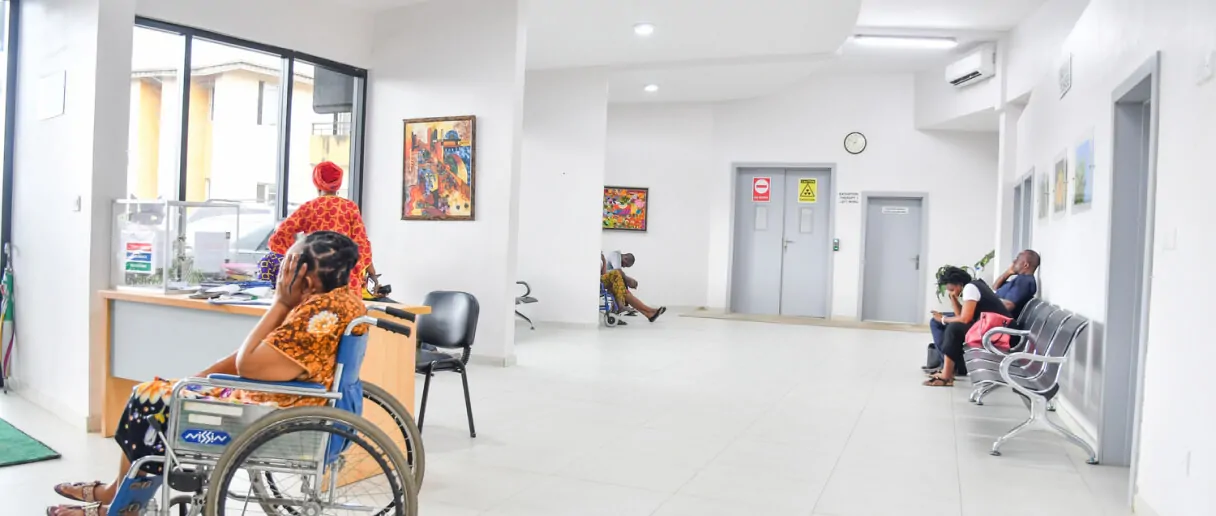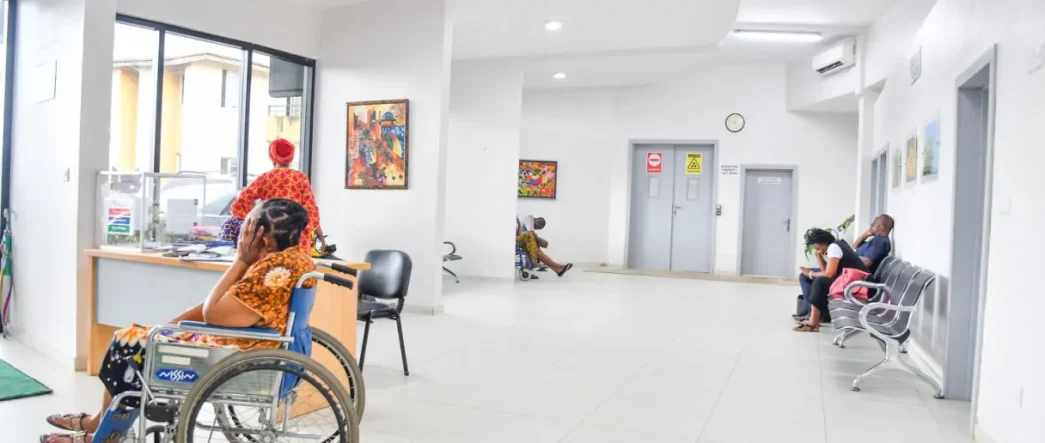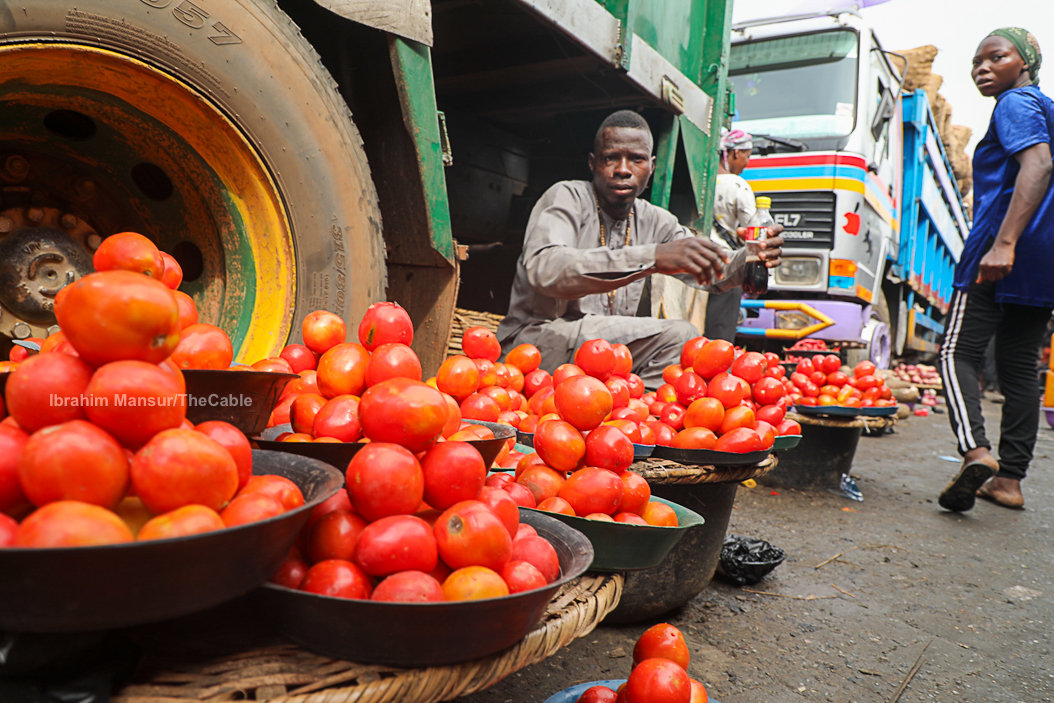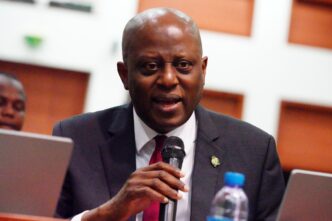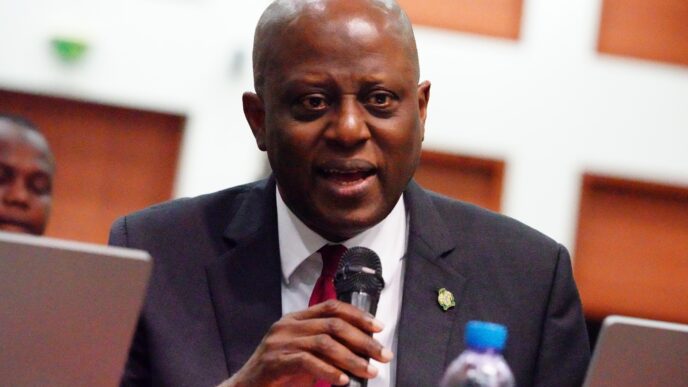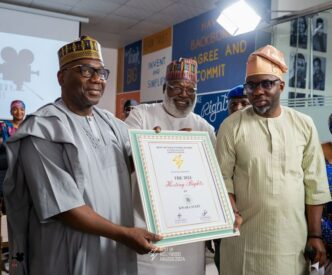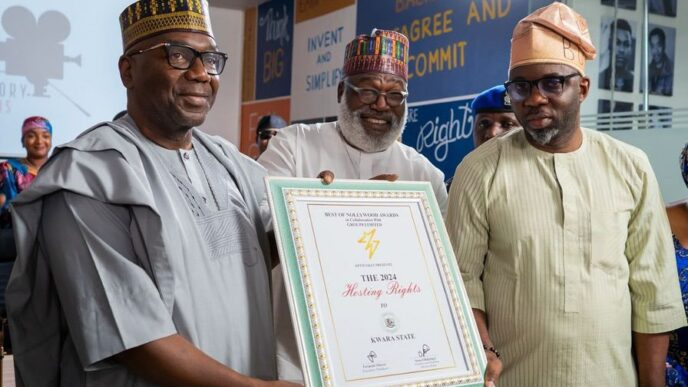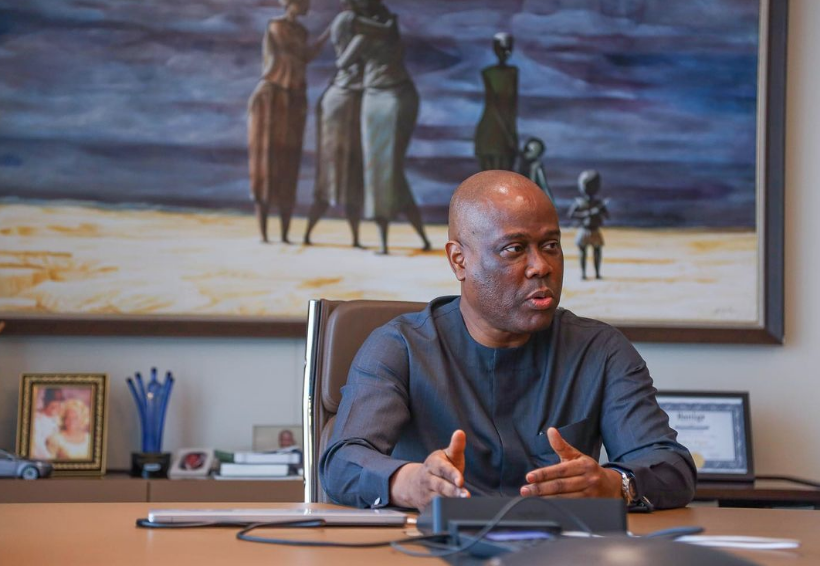LUTH-NSIA Cancer centre
BY LANRE OLAGUNJU
As World Cancer Day 2025 approaches, the global health community is once again rallying to spotlight the urgent need for equitable cancer care. Organised by the Union for International Cancer Control (UICC) since 2000, this annual observance has become one of the most significant health awareness initiatives worldwide.
The 2025 edition marks the beginning of the ‘United by Unique’ campaign, a people-centred approach emphasising patient experiences and community-driven healthcare solutions. Nowhere is this approach more crucial than in Africa, where cancer remains a leading cause of death due to late detection, inadequate infrastructure, and the high cost of care.
The cancer crisis in Nigeria and Africa
Cancer is on the rise globally, but the disparities between developed and developing nations are striking. While developed regions report higher incidence rates, mortality is significantly worse in low- and middle-income countries (LMICs) due to late diagnosis and limited access to treatment. In Nigeria, the numbers paint a grim picture. According to a 2022 WHO report, the country records approximately 79,542 cancer-related deaths annually, with 124,735 new cases diagnosed in a population of over 200 million.
Breast cancer remains the most prevalent, accounting for 25.3% of new cases, followed by prostate cancer (14.1%) and cervical cancer (10.7%). Despite improvements in global cancer care, mortality rates in Nigeria continue to rise, driven by systemic challenges such as prolonged appointments, frequent equipment breakdowns, and the high cost of treatment. Many patients resort to out-of-pocket payments, with a single radiotherapy cycle costing as much as ₦1 million ($625) at the Lagos University Teaching Hospital.
Advertisement
Beyond financial barriers, cultural misconceptions exacerbate the crisis. In Nigeria, over 70% of cancer patients present at advanced stages (III & IV), largely due to widespread beliefs that cancer is a “white man’s disease” or a result of supernatural forces. Many women diagnosed with breast cancer initially seek help from traditional healers or faith-based centres, delaying medical intervention until their conditions are untreatable.
This dire reality is not unique to Nigeria. Across Africa, healthcare worker shortages further limit access to quality care. The continent has only 1.55 health workers per 1,000 people—far below the WHO-recommended threshold of 4.55 per 1,000. Additionally, despite the historic 2001 Abuja Declaration, which urged African Union member states to allocate at least 15% of their national budgets to healthcare, Nigeria’s 2025 proposed health budget stands at just 5.18%.
Transforming cancer care in Africa
As a global medtech leader, Siemens Healthineers is dedicated to expanding access to quality, affordable healthcare. Sustainability remains central to its partnership with the Nigeria Sovereign Investment Authority (NSIA). Strengthening its oncology capabilities, the company completed its acquisition of Varian Medical Systems, announced on August 2, 2020. Beyond providing cutting-edge medical technology, Siemens Healthineers is driving workforce training, skill development, and sustainable healthcare infrastructure to improve cancer care across Africa.
Advertisement
Building local capacity through training and education
Siemens Healthineers has rolled out specialised training programs to upskill healthcare professionals, particularly in diagnostic and radiotherapy services. Through virtual and immersive tools, these programs equip medical personnel with cutting-edge knowledge and techniques to bridge Africa’s healthcare skills gap.
For example, in Tanzania, Siemens Healthineers partnered with the Ministry of Health to upskill over 100 healthcare professionals in advanced imaging at Muhimbili National Hospital. This initiative strengthens Tanzania’s healthcare system, ensuring a sustainable future for cancer diagnosis and treatment.
Accelerating cancer diagnosis and treatment
In partnership with UNICEF in sub-Saharan Africa, Siemens Healthineers has revolutionised diagnostic processes, reducing result turnaround time from three months to just 1 to 5 days. This efficiency is life-saving, particularly for diseases like infant HIV, tuberculosis, and various cancers.
The company has also introduced extensive women’s cancer screening and care programs. These include remote screening, counselling, and mammography training to address Africa’s acute shortage of specialised radiologists. By leveraging technology, Siemens Healthineers is bringing early detection services to previously underserved communities.
Advertisement
Siemens Healthineers’ partnership with the Nigeria Sovereign Investment Authority (NSIA) represents a landmark effort to expand cancer treatment across the country. The collaboration focuses on sustainable cancer care delivery by enhancing existing centres and establishing new ones equipped with high-quality linear accelerators (linacs) for radiotherapy.
A linear accelerator (linacs) is a medical device that produces high-energy x-rays and electrons, typically in the mega-voltage (MV) range, for radiation therapy in cancer treatment.
Strengthening cancer care at the African Medical Center of Excellence (AMCE)
A prime example of this commitment is the upcoming African Medical Center of Excellence (AMCE) in Abuja, a 500-bed facility designed to serve over four million people in the region. Siemens Healthineers is equipping the hospital with world-class diagnostic and therapeutic solutions to elevate cancer care standards in Nigeria.
The impact of the NSIA-Siemens partnership is already evident. Since 2019, Siemens Healthineers has supplied and maintained linacs in seven cancer treatment centres across Nigeria. By the end of 2025, this number is expected to increase to 16, marking a significant shift from a system previously focused largely on palliative care.
Establishing Nigeria’s first radiotherapy training centre
A major milestone in this partnership was the installation of Nigeria’s first training-focused Linear Accelerator at Lagos University Teaching Hospital (LUTH). This centre now serves as a hub for radiotherapy education, with a virtual classroom and advanced therapy planning systems. Today, LUTH operates three linacs and treats over 120 cancer patients daily, an unprecedented achievement in Nigeria’s oncology landscape.
Advertisement
A future without the fear of cancer
Siemens Healthineers’ interventions in Africa go beyond supplying medical equipment; they embody a commitment to long-term systemic transformation. By focusing on capacity building, workforce development, and technology-driven solutions, the company is helping to create a future where cancer diagnosis and treatment are more accessible and efficient.
“We will continue collaborating with NSIA to support Nigeria in building a comprehensive healthcare ecosystem—from diagnostics to therapy and follow-up—while developing the necessary workforce. At Siemens Healthineers, we are on a mission to create a world without the fear of cancer,” says Tisha Boatman, executive vice president at Siemens Healthineers.
Advertisement
As World Cancer Day 2025 approaches, the call for urgent action in cancer care remains loud and clear. While significant challenges persist, the impact of Siemens Healthineers’ interventions offers a beacon of hope. With sustained investments in technology and training, the fight against cancer in Nigeria and Africa is gradually turning a corner—one innovative step at a time.
Advertisement
Views expressed by contributors are strictly personal and not of TheCable.
Add a comment
